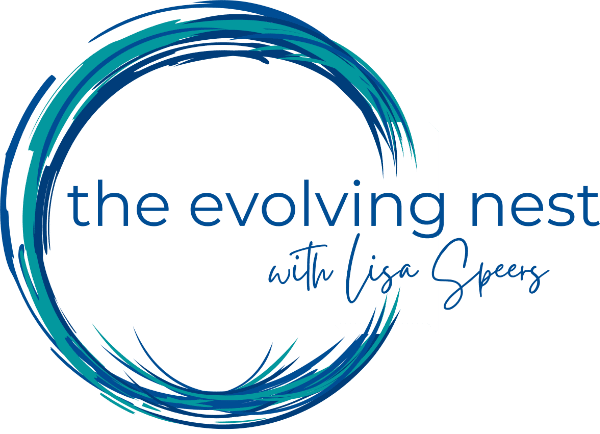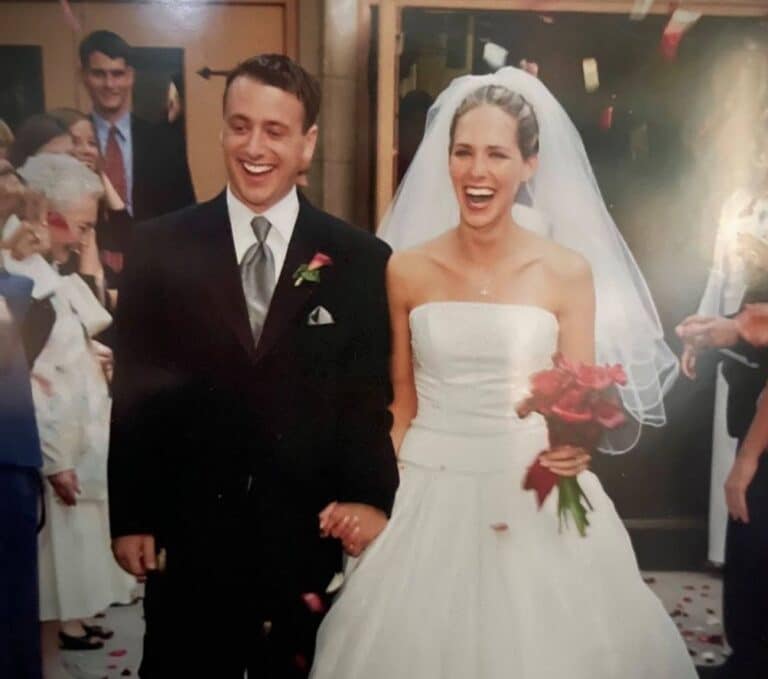
One of the biggest fights we’ve had happened just a few short months after we were married.
We had traveled to see family over the weekend and had just returned home on a Sunday evening. We walked inside, both holding as much as our arms would carry.
The bags were put in our room and my husband proceeded to walk into the living room, turn on the tv and sit down.
Wait. What?
What was he doing?
What about the rest of the stuff in the car?
What about work tomorrow?
We need to unpack. This is priority number one.
Right?
For me, yes.
For him, no.
And in that moment a battle ensued.
I went on and on about why he should be doing what I wanted him to do and he went on and on about why he should be doing what he wanted to do.
Our words flew over and around each other, landing on ears unwilling to listen. We were both so sure we were right. We both knew the other was wrong.
And we just had to get our points across.
It was imperative the other didn’t necessarily understand where we were coming from, but really just changed their behavior.
This is the only fight I remember in the history of our relationship that ended with him leaving the house.
He just left.
He couldn’t take any more of the badgering and out the door and into the car he went to drive and to think.
And I was left alone to cry.
This was not the wedded bliss I imagined.
What was happening here?
It didn’t take long for us both to recognize all of the unspoken things we brought into our marriage. The ways we grew up. Our living habits we never thought to communicate when we weren’t living together. The things we brought into the marriage that we didn’t even know we were carrying. The expectations we had that we didn’t even know we had.
Like you always unload the car completely and unpack immediately after returning from a trip. Like watching your team play takes precedence and whatever needs to be done can be done later.
Fast forward to today and unpacking rarely happens the night we return from a trip.
And it’s definitely possible to miss games, and happens all of the time.
We have grown and we have changed and our priorities have shifted. We have learned to listen to what the other needs and try to compromise instead of being unwilling to budge.
We have learned that there is no such thing as over-communicating.
We speak our needs.
We share our concerns.
We listen.
We budge.
We know we are two imperfect people who will always be growing and changing and learning and the things that matter now, may not matter as much tomorrow.
The key is that we grow and change and learn together.
That fight stands out in my mind and I can see how wrong I was. My husband says he can see how wrong he was, too.
And that’s the beauty of it.
This was a learning moment in our marriage.
We won’t always see eye-to-eye, but the important thing is that we are willing to listen, to admit our wrongs, and to change our ways if needed.
Because our goal is no longer to be right.
But to love each other as best as we are able.

Jennifer Thompson is a freelance writer, preschool art teacher and mother of four with a heart for Jesus. Her work can be found on a number of blogs and parenting publications. Recently relocated from Indianapolis to Nashville, Tennessee. She is a passionate storyteller and believes every person has an important story to tell. We grow when we share. And even more when we listen. She can be found on her blog at Truly Yours Jen and on Facebook and on Instagram






